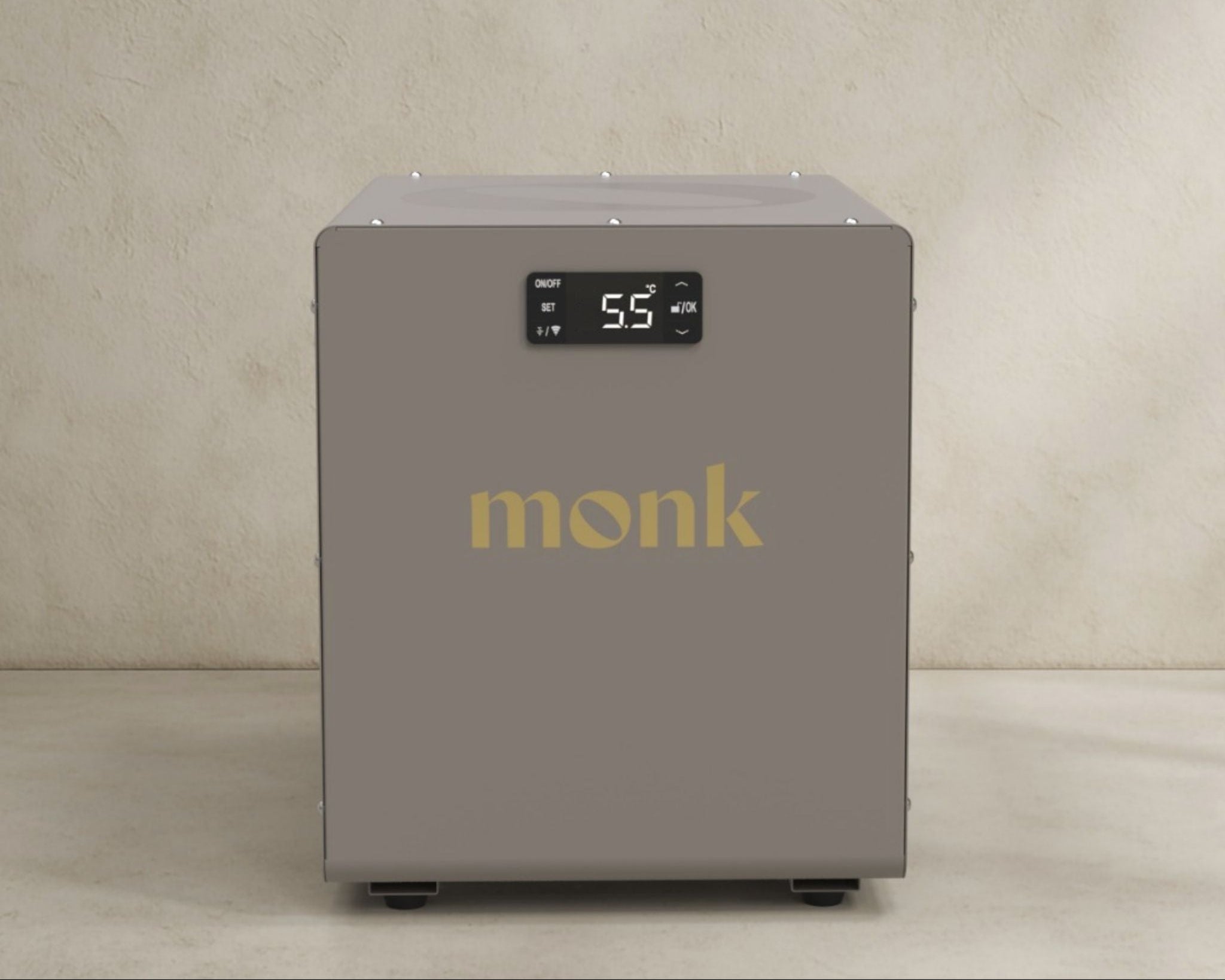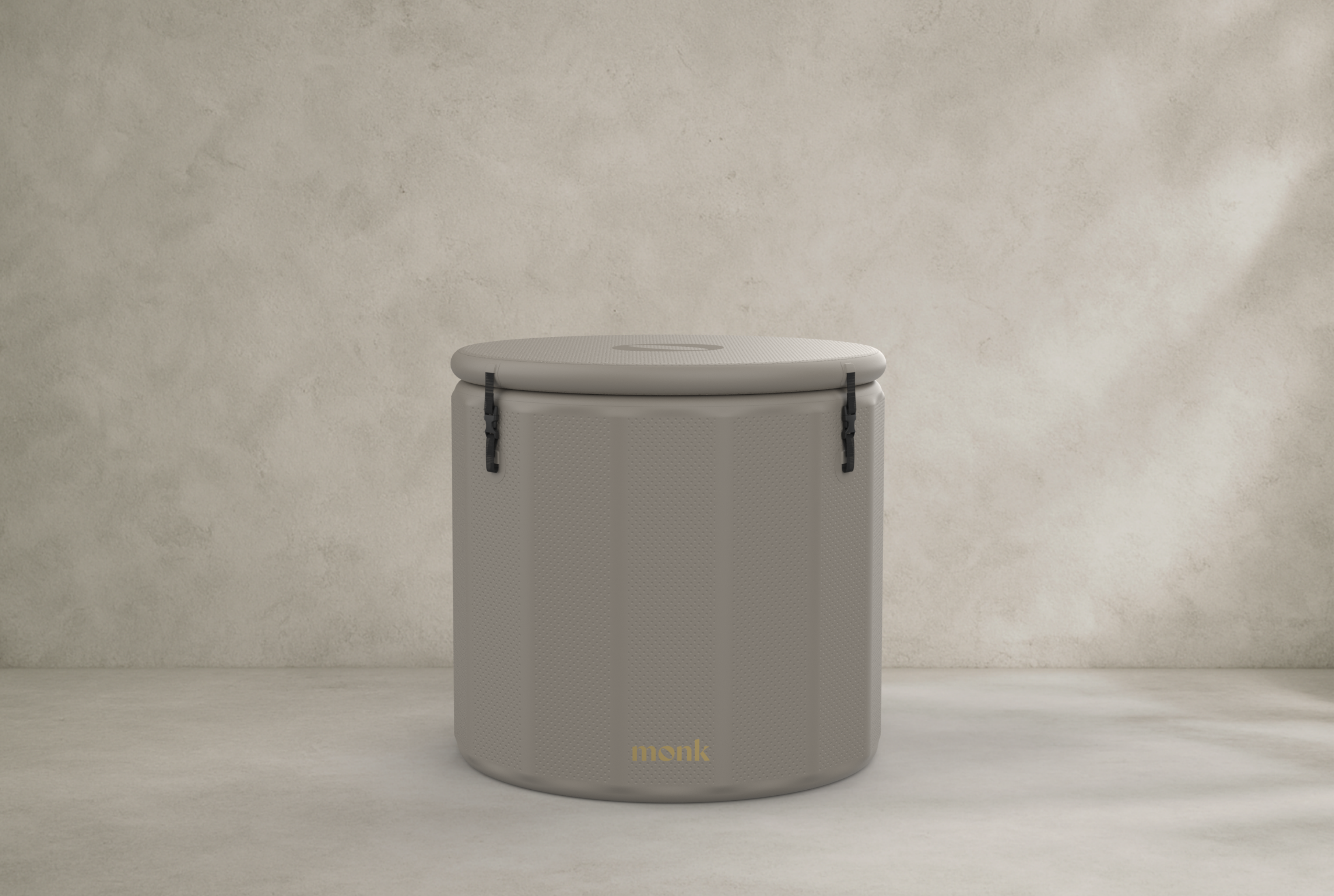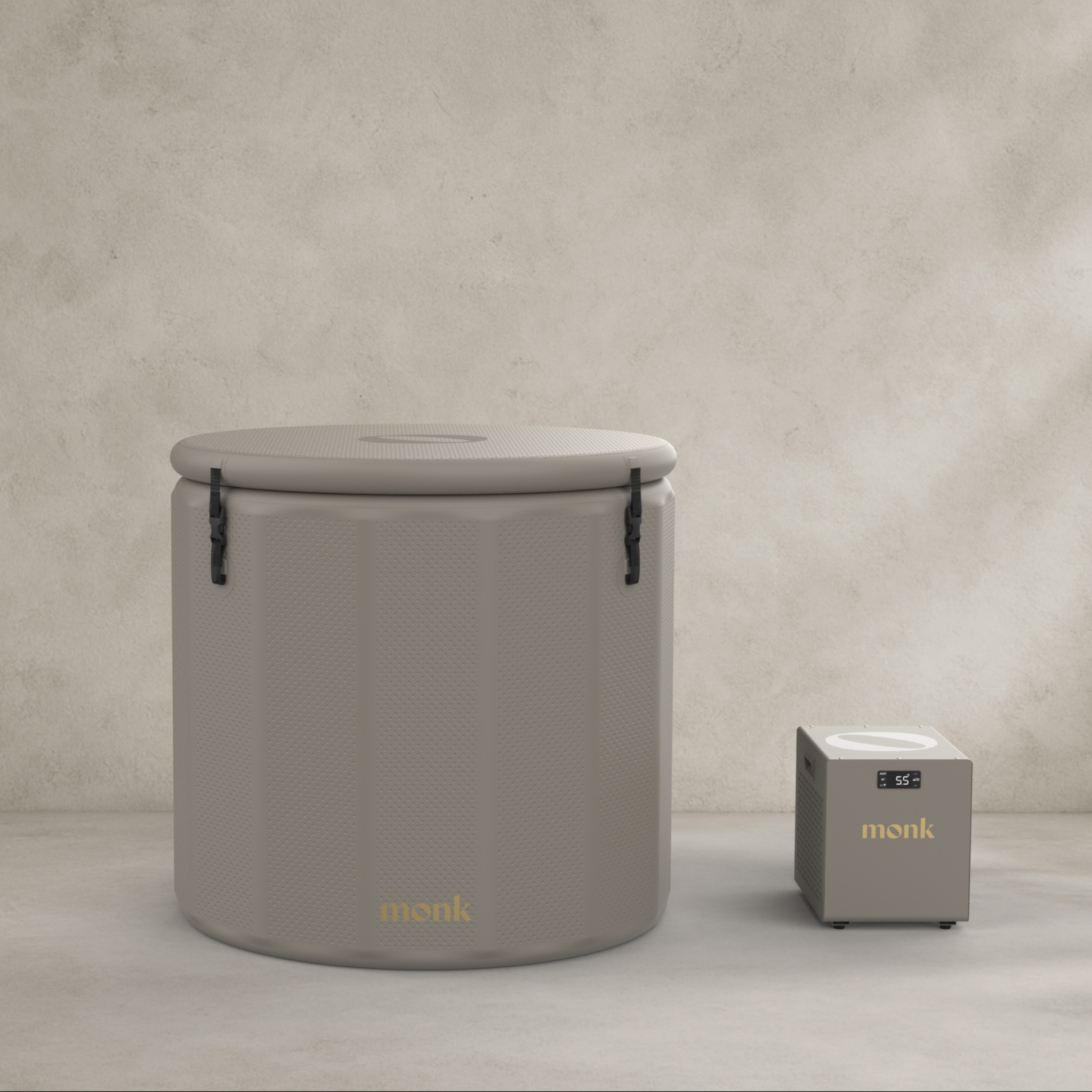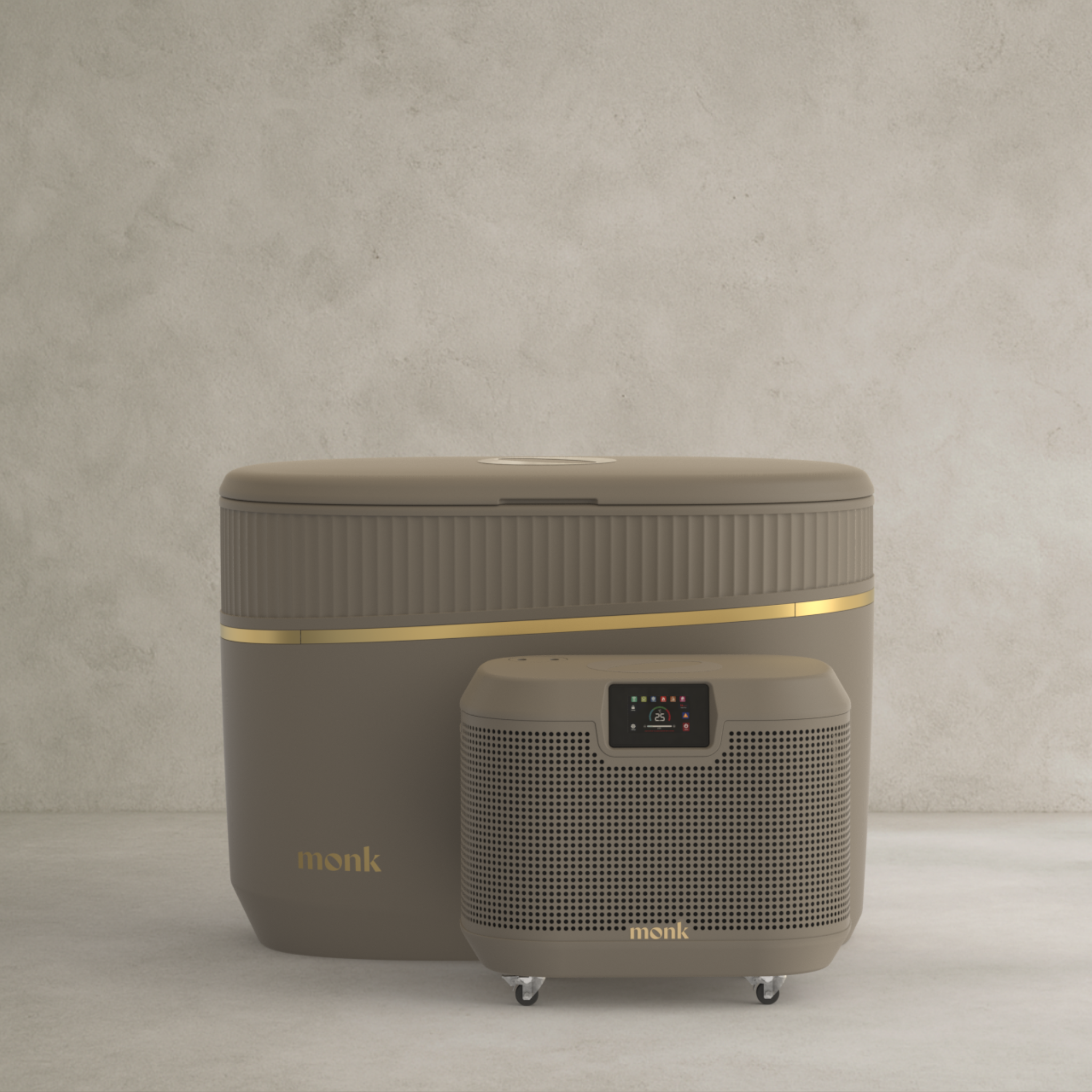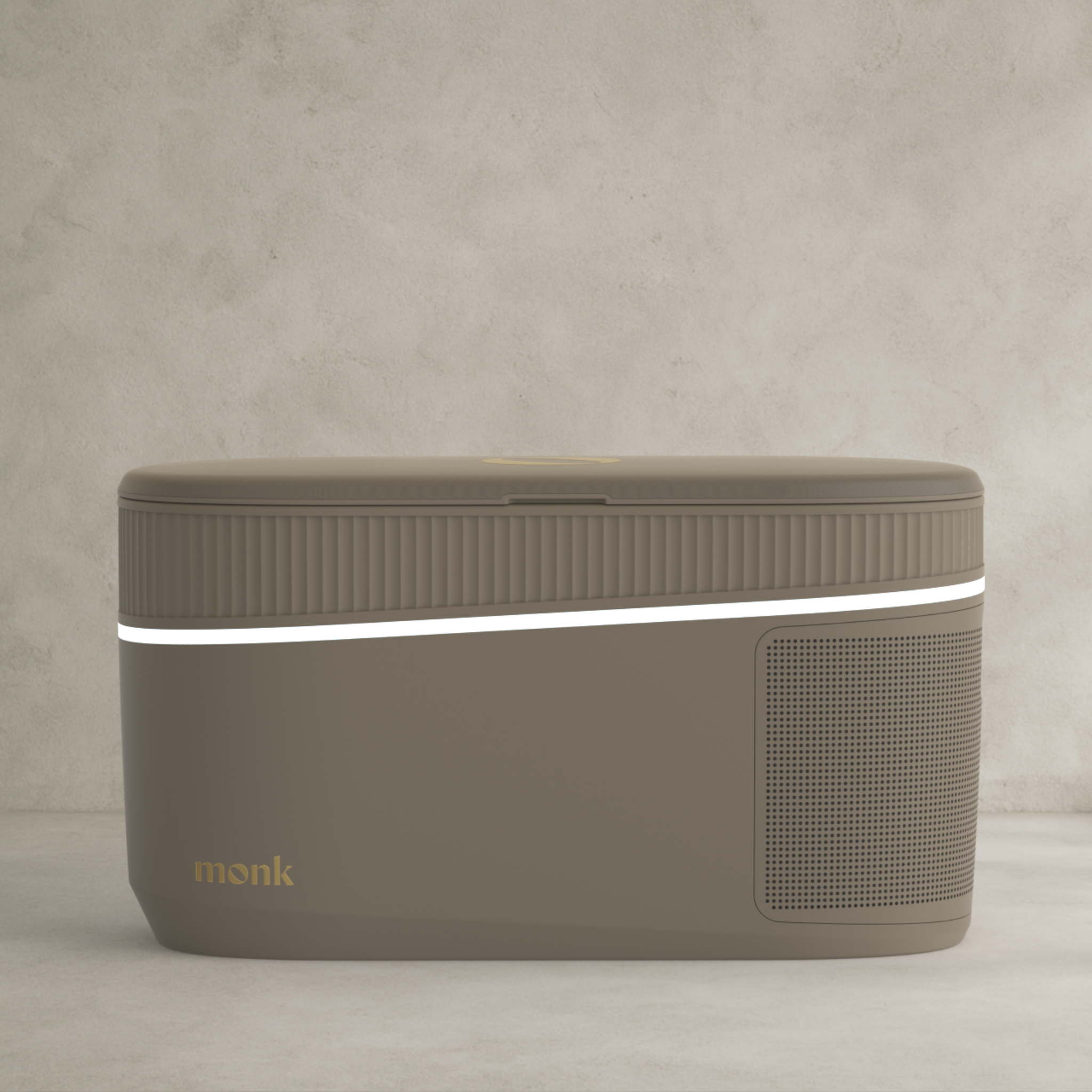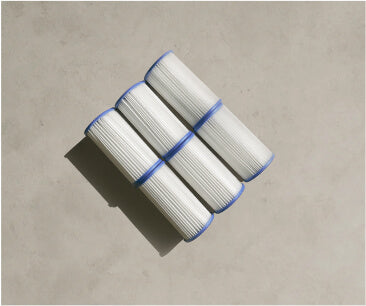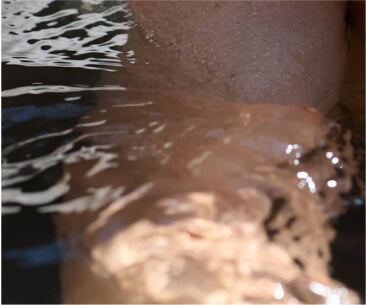Cold Exposure in Powerlifting: Faster Recovery, Stronger Performance
Elite Paralympic powerlifters already train on the edge. But what happens when you add cold to the equation?
A 2025 study in the International Journal of Environmental Research and Public Health is putting cold water therapy firmly in the recovery spotlight. Researchers took elite Paralympic powerlifters through a crossover trial to test two recovery protocols: passive rest vs. cold water immersion (CWI) at 11–15°C for 15 minutes.
The verdict? Cold wins.
Let’s break down what happened.
Study setup: how cold water immersion was tested after strength training
- 11 Paralympic powerlifting athletes.
- Two recovery protocols post-training: Passive rest vs Cold Water Immersion (CWI) immediately after training.
- Each athlete did both, in a crossover trial.
- Cold water was set to 11–15°C for 15 minutes — full body submersion, head out.
Key findings: cold plunge vs passive recovery
1. Strength bounced back faster.
Cold water immersion measurably sped up recovery. Compared to passive rest, powerlifters who plunged showed:
-
Significantly higher maximum isometric force (MIF) at 24 hours and 48 hours post-training.
-
Better time to MIF and Rate of Force Development (RFD) at the 24-hour mark.
In plain English: strength came back quicker and more completely with cold, and those benefits were still evident two days later.
2. Inflammation was regulated.
Researchers tracked inflammatory markers at several points after training. One key player was IL-6, a cytokine your muscles release when they’re stressed – it kickstarts repair by mobilising immune cells.
-
As expected, IL-6 spiked around 2 hours post-training, signalling the normal stress-and-repair response.
-
However, by 48 hours, IL-6 levels had dropped significantly back down, showing recovery was well underway – and athletes who plunged reached that point faster.
In short: cold didn’t block the body’s natural repair process, it helped it resolve more efficiently. Less lingering stress, quicker rebound.
3. Biochemical stress stayed under control.
Recovery isn’t just about soreness – it’s about what’s happening inside your system. The study tracked several markers of neuromuscular and immune function, and cold water immersion kept them in check:
-
Rate of Force Development (RFD): This measures how quickly your muscles can generate force – your explosiveness. RFD held more stable after cold plunging, meaning athletes preserved neuromuscular sharpness even after heavy lifting.
-
TNF-α (Tumour Necrosis Factor-alpha): A pro-inflammatory cytokine that ramps up the stress response. Levels stayed steady with cold, pointing to a more controlled immune reaction – less overdrive, more balance.
-
IL-10 (Interleukin-10): An anti-inflammatory cytokine that signals your system to switch from “fight” to “heal.” Levels didn’t spike or crash, but the trend showed a smoother, more balanced recovery profile.
Cold exposure didn’t just help athletes feel recovered – it kept their biology stable, supporting faster, cleaner performance rebound.
But wait, doesn’t cold immediately after a workout kill gains?
You might have seen headlines warning that plunging straight after lifting can blunt muscle growth. That’s true in some contexts: repeated cold exposure right after hypertrophy-focused training may slightly dampen long-term muscle size gains. The generally accepted rule is to wait 6-8 hours after strength training. But this study wasn’t about hypertrophy – it was about recovery and strength. For elite Paralympic powerlifters, getting force and function back quickly matters more than maximising muscle volume. In that context, cold exposure clearly helped. The takeaway? If your main goal is recovery, performance, or competition readiness, cold is your ally. If you’re chasing maximum muscle growth, you might want to time your plunge a little later.
Practical takeaways: Should You Cold Plunge After Strength Training
Cold plunges help you recover faster, stay stronger, and bounce back with more control – both in your nervous system and your muscles. This is real science, showing measurable boosts in strength recovery, in elite athletes, under serious load.
You don’t need to be benching 150kg to benefit. Whether you’re running a business or a marathon, cold exposure helps your body bounce back faster, calmer and stronger.
Enjoy this? We think you might like these:
-
Cold protocols for whether you’re prioritising recovery, hypertrophy, or metabolism
- Explore how alternating sauna + cold may boost cardiovascular performance and VO₂ max
- Learn how cold exposure can boost your metabolism and Unlock Fat Loss
